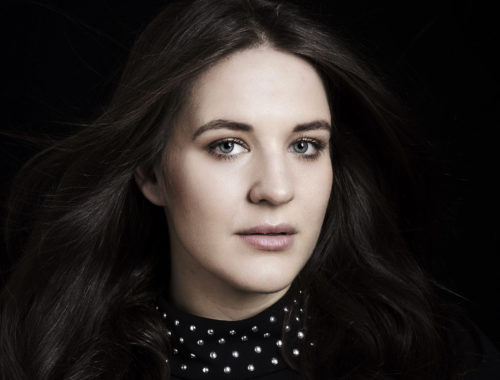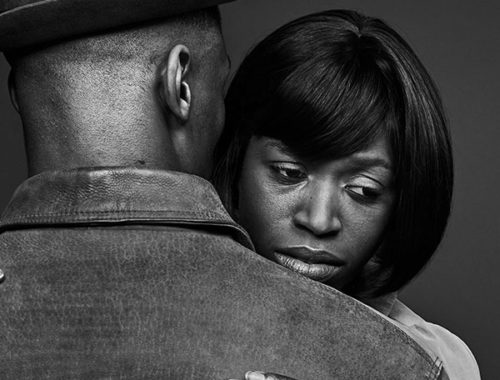Steffani Niobe, Regina di Tebe
Royal Opera House
Agostino Steffani (who?) may have been consigned to a footnote in musical history but here’s why he was such a big deal in the realm of 17th century courtly drama. He wrote extravagantly – Niobe was the first of his operas where the aria count fell below 60 (the great and the good always had time on their hands) – and he wrote with feverish theatrical daring. The overture to Niobe begins benignly with well-regulated pomp and circumstance but suddenly we are assailed by the clatter of martial trumpets and drums (sounding here from the highest balcony) wilfully designed to cut across the courtly processional as if at all costs to stop it progress. Shock-horror – and the curtain has not yet risen.
Most of Steffani’s theatrical success was in Germany and there’s no question that much of Niobe’s allure lies in its dynamic synthesis of the Italianate (he was a contemporary of Corelli) and the boisterously Germanic. It’s as if many of the opera’s numbers serve as arias and dances at one and the same time with raucous percussion invariably spicing up the rhythms. The Balthasar Neumann Ensemble under Thomas Hengelbrock really rock – and I mean that almost literally.
The plotting – a predictably potent brew of the historical and mythological, of gods, mortals, and devilish sorcery – is primed for spectacle and special effects and Lukas Hemleb’s newly adapted 2008 production wittily apes old stage conventions in a highly contemporary way. The devious Poliferno (Alastair Miles), done up like a fallen angel, transports his charge Creonte (Iestyn Davies) via the underworld in a not quite all-singing, all dancing, blob of ectoplasm replete with gloopy sound effects. A giant crystal ball signals the moment where Anfione, King of Thebes, is led to believe he belongs among the stars and as he ascends to the firmament we are dazzled by a zillion points of light.
Enjoying the lion’s share of the opera’s best numbers – strange, beautiful forerunners of Handel’s most haunting creations – male soprano Jacek Laszczkowski (Anfione) thrills with his astonishing power at the top of the voice (the middle comes and goes a little but this is an exciting approximation of what the castrato could do); and the delectable Veronique Gens (Niobe) is seductive even when turning to stone. One of the score’s highlights is her beautiful aria in duetto with the elegant Iestyn Davies not so discreetly disguised as Mars.
In this show Niobe’s bubble bursts quite literally – but that would be telling. Catch it now – you may never get another chance.
You May Also Like

GRAMOPHONE: From Where I Sit – October 2019
17/10/2019
GRAMOPHONE Review: Dear Evan Hansen – Original Broadway Cast Recording/Pasek & Paul
08/11/2017